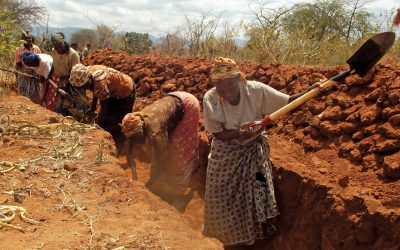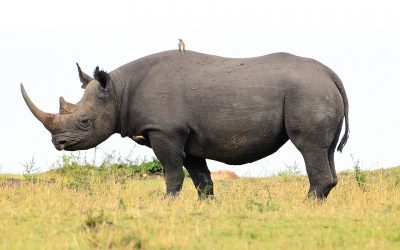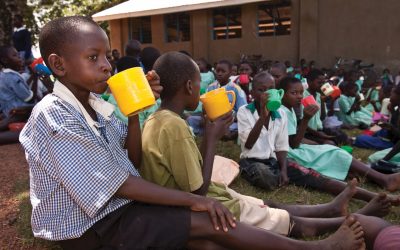The Rotary Foundation began at the 1917 Rotary Convention when an endowment fund was set up, “for the purpose of doing good in the world.” A few years later it was named as The Rotary Foundation and in the following year began its philanthropic work by gifting amounts to good causes.
Over the years various programmes and projects have been launched, these include Ambassadorial Scholars, Group Study Exchange, Grants for University Teachers and International Studies in Peace and Conflict Resolution. Alongside these initiatives grant programmes were introduced with one for Health, Hunger and Humanity (3H Grants) funding a programme which began PolioPlus and underlining the humanitiarian work of Rotary International, matching grants and packaged grants. Matching Grants have since undergone a review and been named Global Grants.
The Rotary Foundation assets stood at approximately $1bn as of June 2014. The organisation Charity Navigator, which evaluates the performance of charities, has consistently classified The Rotary Foundation in the four star category. To get a flavour of what the Rotary Foundation does we looked at a handful of Global Grants across the world.
The Rotary Club of Lundum Lincoln has, together with local clubs, worked on several grants in Bangladesh and the Rotary Club of Dhaka New City. This came about when a Rotarian from Lincoln, Mike Robinson, visited the club in Bangladesh after seeing a street child collecting used water bottles to make a living.
Mike told me, “I wanted to make a difference. My Rotary Club in Bangladesh and Lincoln collaborated with grants, and the latest is for 65 deep water wells for 20 villages, supplying 20,000 people with safe water. Previously the wells were not deep enough and often the water contained traces of arsenic.”
The contribution from the Rotary Clubs was $24,500 and with funding from The Rotary Foundation Global Grant the figure reached $56,750. From one chance meeting Rotary has made a difference to many people’s lives.
Rotary Clubs across Scotland came together to fund a Global Grant of $200,000 towards the training of Nurse Midwife Technicians in Malawi, in partnership with the Rotary Club of Limbe, Malawi.
I wanted to make a difference.”
Thirty-three clubs in Scotland raised $78,000, which was matched by Designated Funds from all of the clubs in Scotland to the tune of $41,000. This in turn was added to by The Rotary Foundation to reach $200,000.
The 20 students being funded by the grant started training at Ekwendeni College of Nursing, University of Livingstonia in May of this year. The course comprises two years of general nursing followed by one year of midwifery training.
All students had to sign a Government bond upon starting the course to confirm they would stay in Malawi to practice after the end of their training for a minimum of five years, thus ensuring that the numbers of skilled and experienced healthcare professionals, delivering high quality maternity care, is increasing.
Once qualified these students will be deployed in some of the most rural areas of Malawi where the need for maternity care is greatest. A further class of students is being recruited and they will commence training in October.
This project was set up in co-operation with the Freedom from Fistula Foundation to help women in Africa who are injured in childbirth and left suffering from obstetric fistula – a condition that leaves them incontinent.
Countries that are considered to be developed also benefit from foundation grants and we found one project in Malaysia somewhat enlightening. The Rotary Club of Kuching in Sarawak used a Foundation Global Grant to provide solar panels to light up a longhouse on the Batang Lupar River.
The Rotary Club in Malaysia teamed up with The Rotary Club of Seosan in South Korea to fund the project which provides 900 watts of power for lighting the longhouse.
Amut John the longhouse chief said: “many women are now able to weave their ‘pua kumbu’ (handwoven cotton blankets) and other meaningful handicraft-making activities while the men make their fishing nets. Of course by 10pm it’s lights out for everybody.”
The projects highlighted are just a cross section of many handled and funded by The Rotary Foundation. Some projects are lifesaving like the wells in Bangladesh whilst others are educational and in some respects lifesaving. Others are simple community humanitarian projects.
All of them have one thing in common; they are helping to improve the lives of the people they touch.
It is what Rotarians do; they are ordinary people making the extraordinary happen.


























































